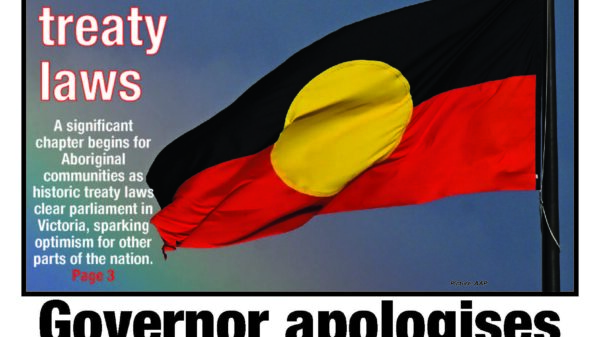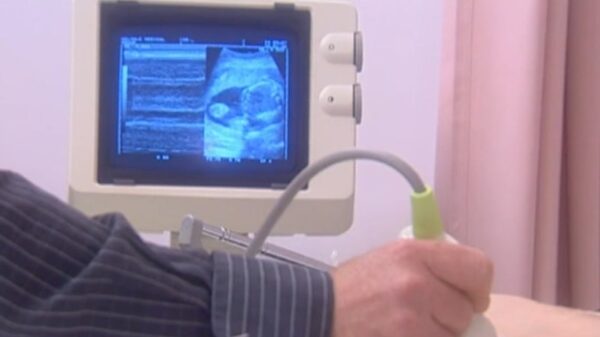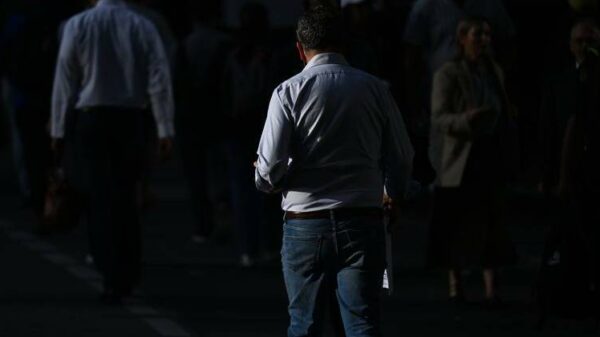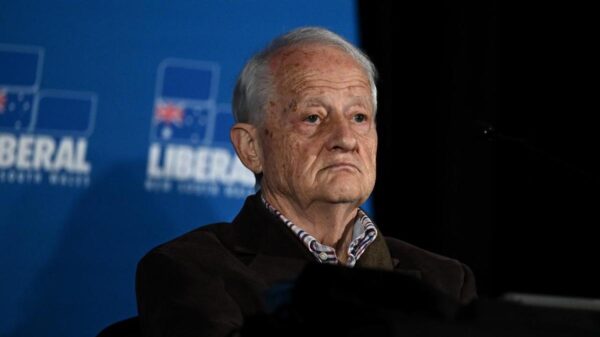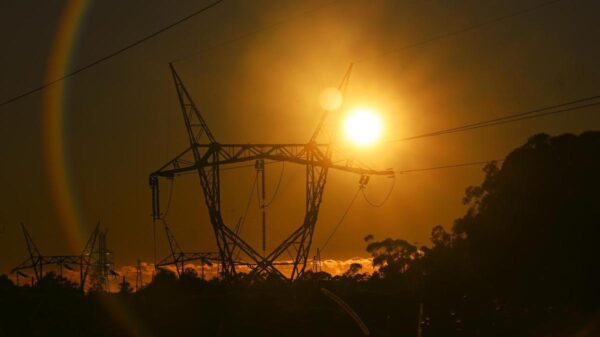Australia’s aspirations for a total exemption from U.S. tariffs are diminishing as President Donald Trump forges trade agreements with other nations. Following the extension of his tariff deadline to August 1, Trump has successfully negotiated deals with both Japan and the European Union. While these agreements result in lower tariffs than initially threatened by Trump, they still exceed the 10 percent baseline levy imposed on Australian exports. No U.S. trading partner has yet managed to evade tariffs entirely.
Prime Minister Anthony Albanese and Trade Minister Don Farrell have consistently asserted that Australian goods should remain tariff-free. However, recent developments indicate that a complete exemption may no longer be feasible. According to David Smith, a politics expert from the University of Sydney, Trump’s perspective on tariffs has evolved into viewing them as beneficial in their own right.
“Even though there were a lot of hopes at the beginning of this process that countries could negotiate their way out of tariffs altogether, that’s not really happening,” Smith explained. As a result, Australia, like other nations, may need to adjust its strategy and reposition its industries within these trade agreements.
The U.S. pharmaceutical sector has long expressed concerns regarding Australia’s Pharmaceutical Benefits Scheme and has urged the President to take action. Earlier in July, Trump threatened to impose a staggering 200 percent tariff on pharmaceuticals, which could be a tactic to undermine the benefits scheme in exchange for a more favorable trade deal. Both major Australian political parties maintain that the scheme is not open for negotiation.
In response to the evolving trade landscape, the federal government has opted to lift restrictions on certain U.S. beef imports. Smith noted that Australia is contemplating other areas for potential concessions, emphasizing that the Pharmaceutical Benefits Scheme remains off the table.
“We are not going to be making concessions on the PBS,” he stated. Albanese has reiterated that his government is acting in the best interests of Australia. Although the government claims that the decision to ease beef import restrictions followed a decade-long scientific review and will not jeopardize biosecurity, opposition voices and individuals within the cattle industry are advocating for an independent investigation into the matter.
“If we have created a brand new threat, we should be very clear about that,” said Liberal senator Jane Hume during a parliamentary session. As Australia navigates these complex trade dynamics, the focus will remain on balancing national interests with international relations.



